IL ROVESCIO DI UN PIANO
The cityzens of the end, the ones called outsiders, have the doubtful privilege to attend to the advancement of the cities over the untouched fields.
At the south end of Latin America we are not the exception of any rule and we live on a high percent on vast cities. We call it centralization, although we are not in the center of anything.
Incide the cities: the incipient practices of coexistence, the tolerance, the consumption, the thousands of cars, the violence and love.
Out of Cities: The landscape?
The idea of of a complete civilization filling cities can be conceived from the geographical agora, the original emptiness, the reverse of this complex mechanism we fill. The outsides of this instrument installed in the landscape.
Here at the civilization´s limits, sometimes it´s possible to take a look to this reverse and note that from our citizen existence and from the energetic demands of our cultures the last landscape here outside it´s changing.
Industrialization emplaced their colossus at the horizon, extracted the raw materials moving with that the blades of a panetary volume economy. The remainds with no exeptions are devasted plains and forests, the erosion of a febrile activity that impoverishes in a houndred percent it immediate surroundings and its inhabitants. Some cities as examples: Ventanas, Calama, La Oroya, Huancavelica, Cerro de Pasco, Potosí, Ouro Preto,
The Reverse of a Piano is a pictorical serie that goes after of a new skyline, of a growing shape outside of the city, sculpted by the megapolis landing.
It is the new face of last untouched latitudes of the planet, it´s the new landscape, here in the end.
Javier Marticorena
May 29, 2012.
Marticorena.asupinta@gmail.com
www.asupinta.com
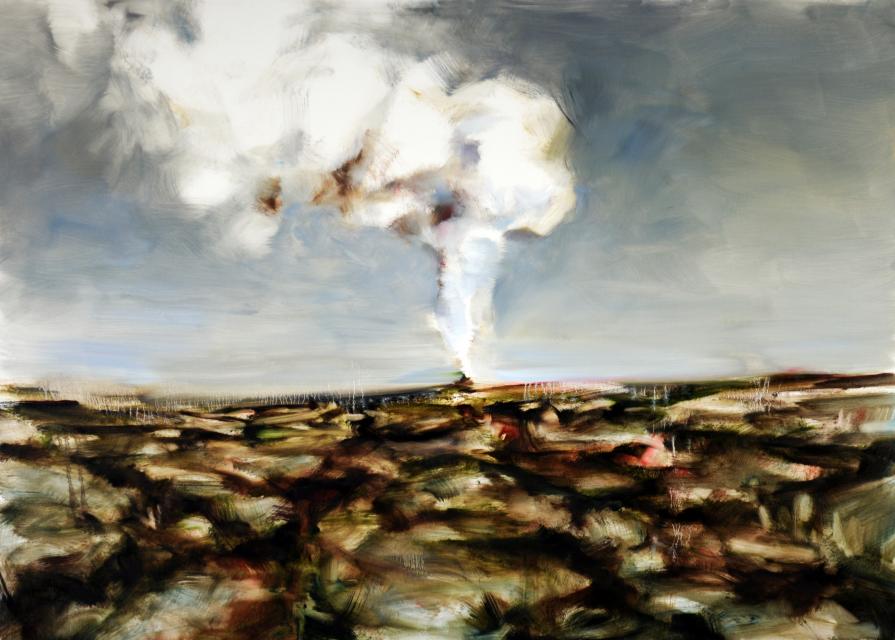
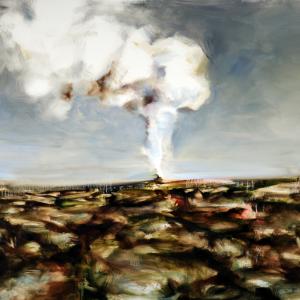
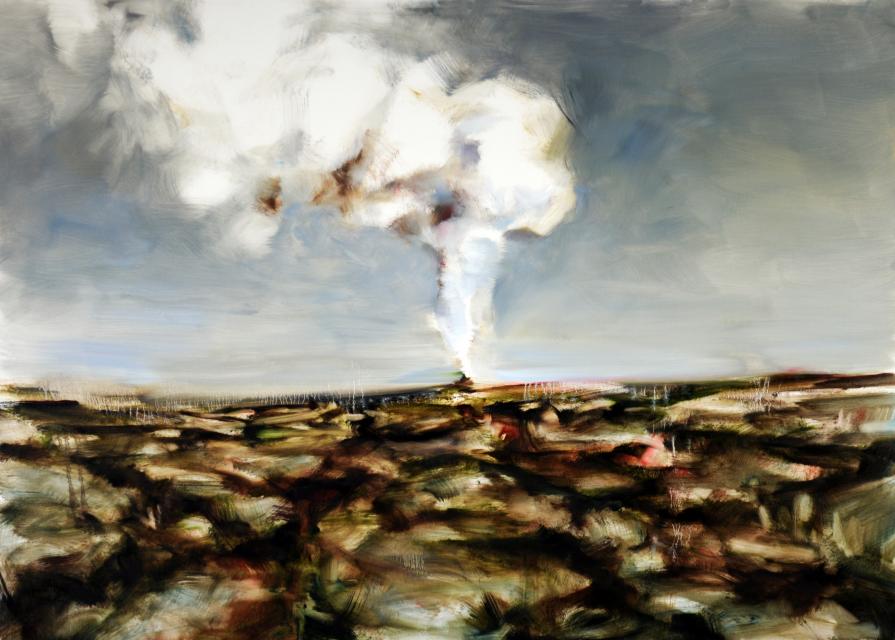

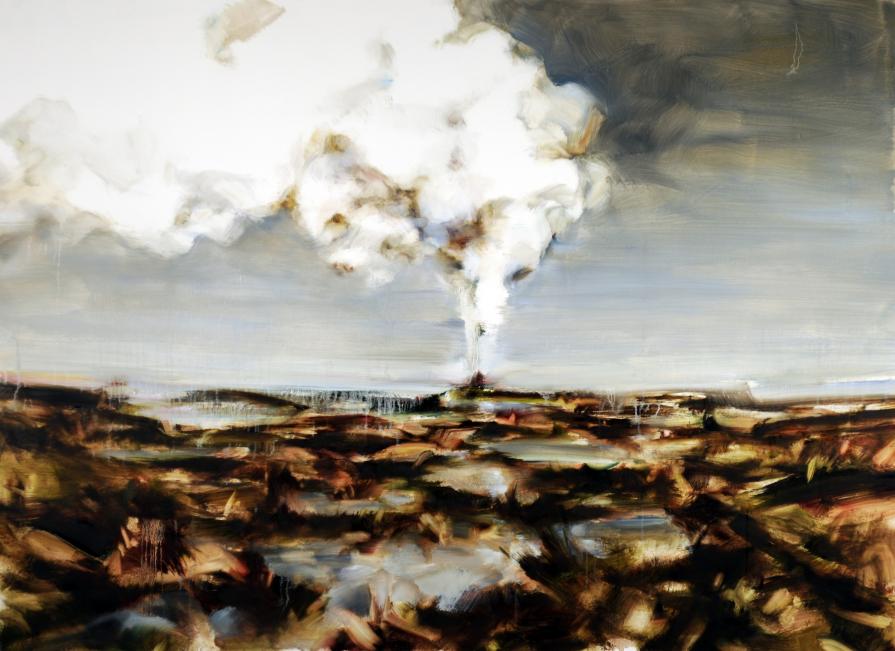
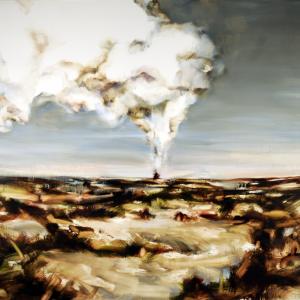
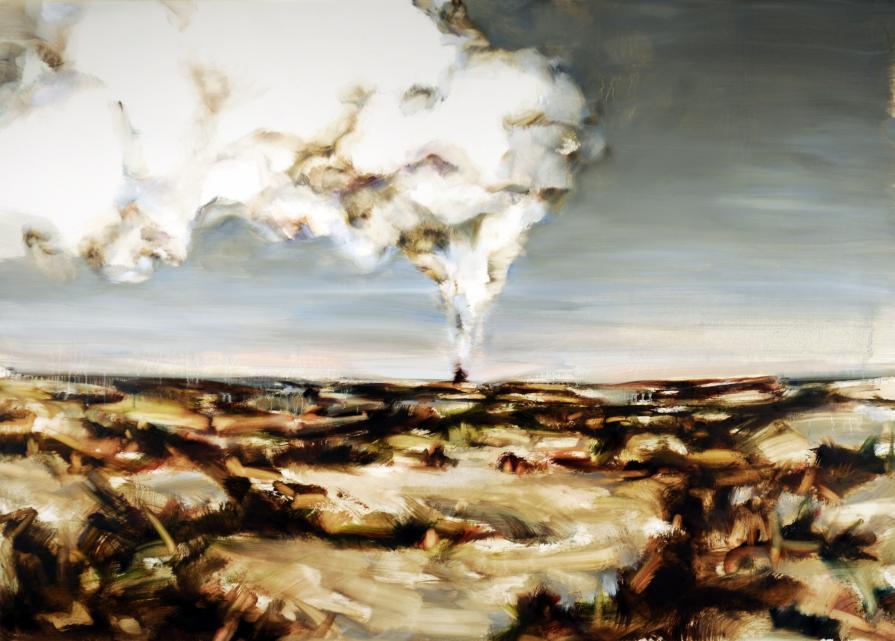

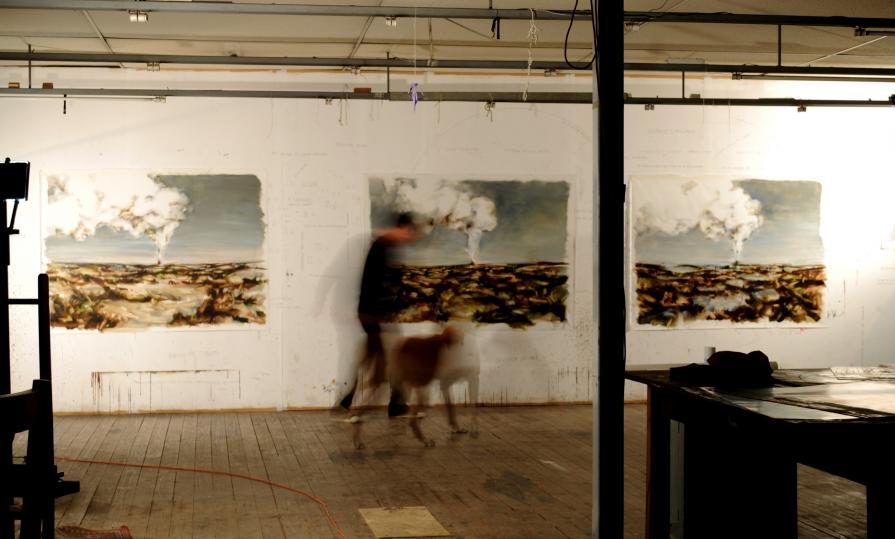
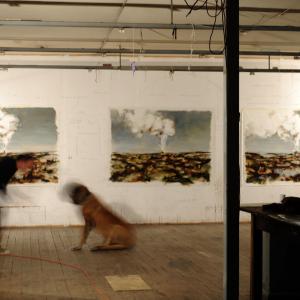
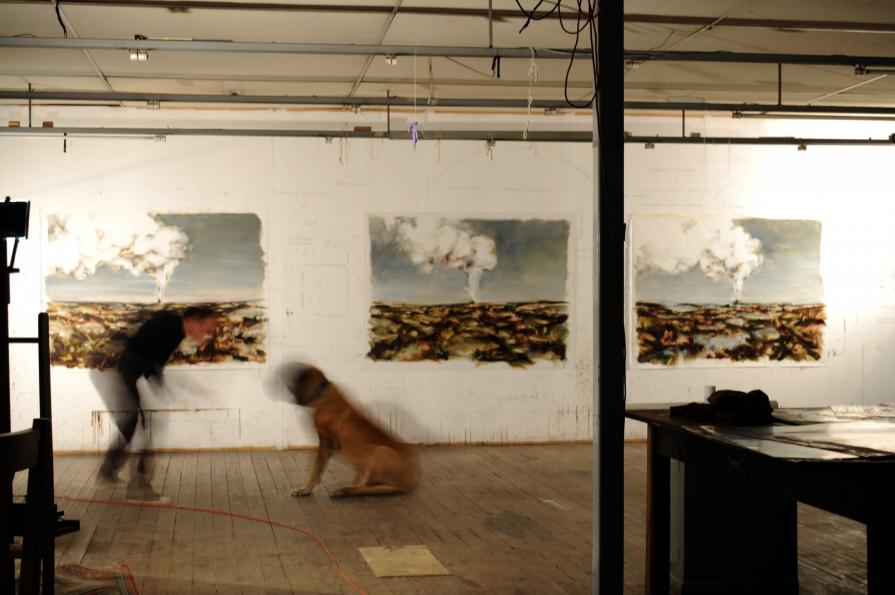
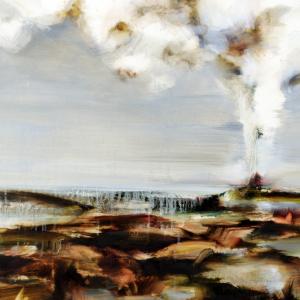
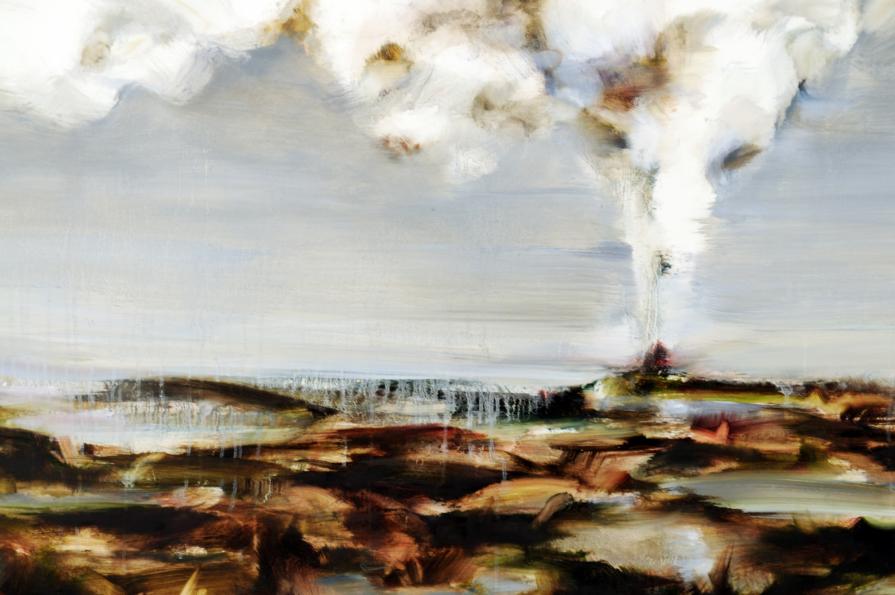


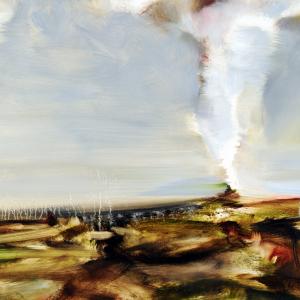
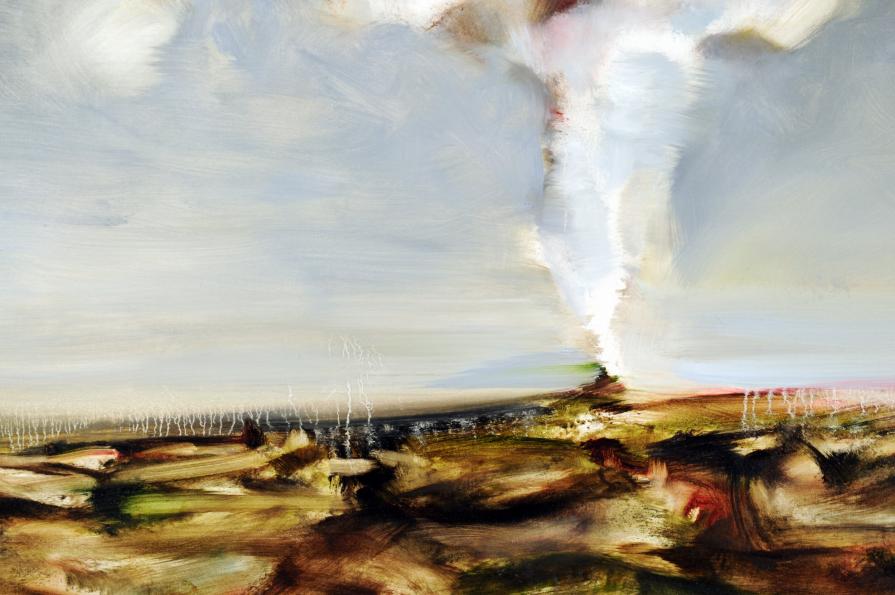
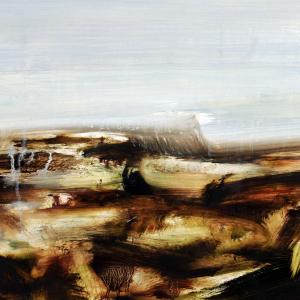
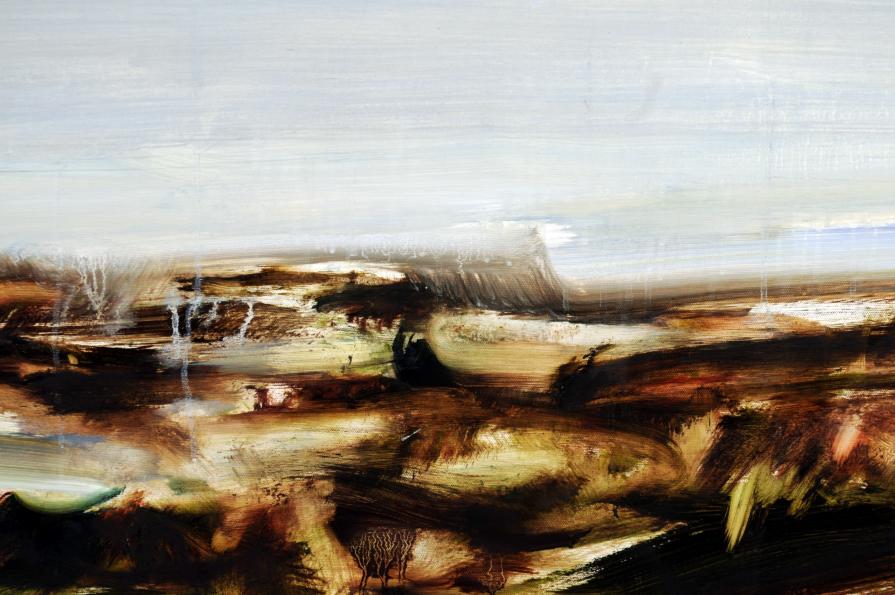











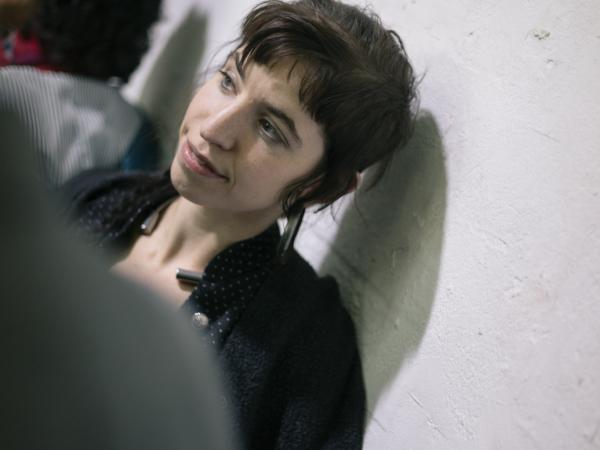
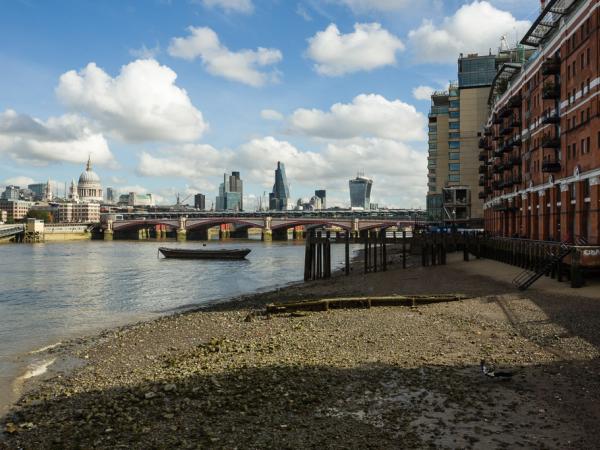
Commenti 0
Inserisci commento